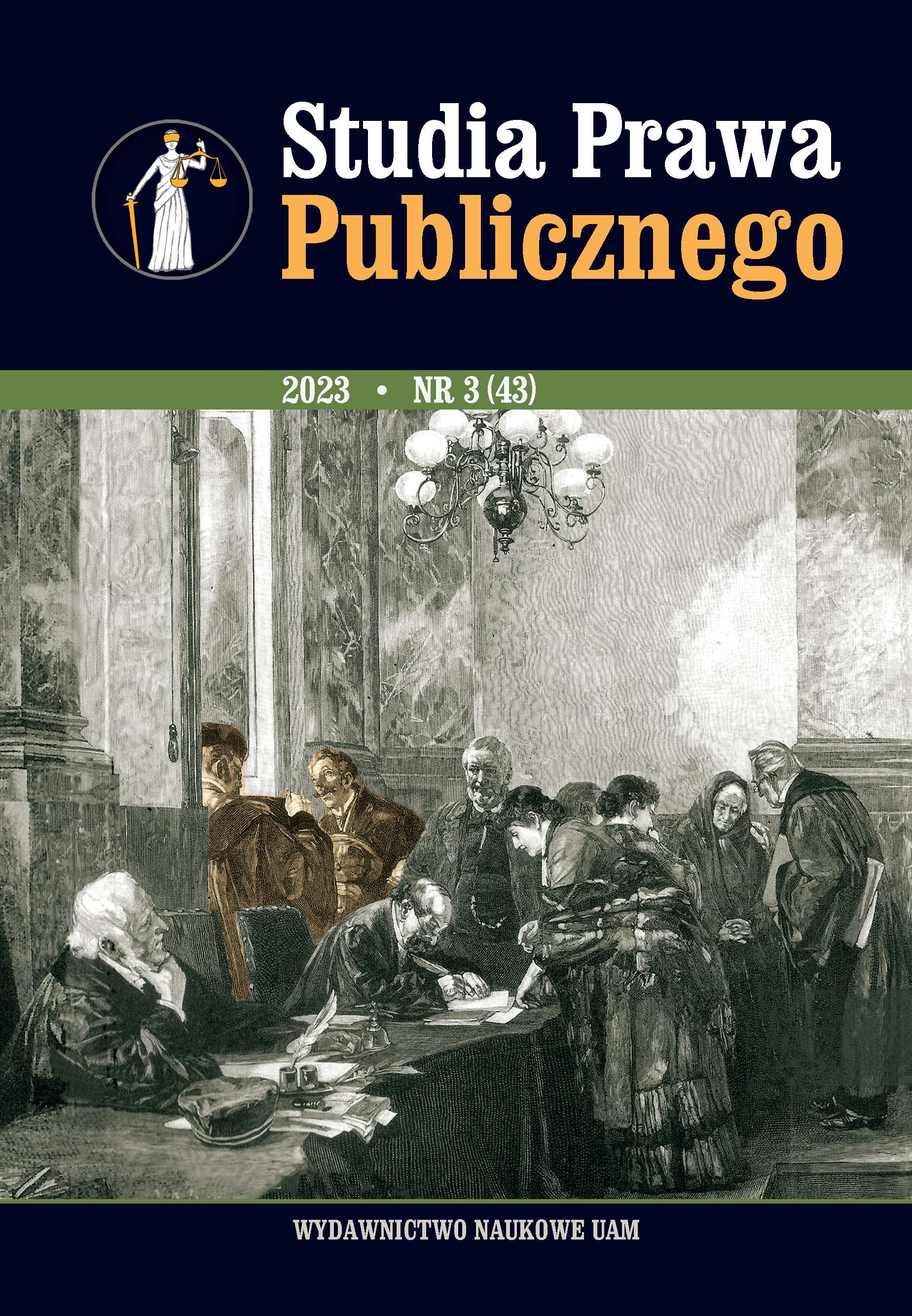W SPRAWIE OBYWATELSKIEGO PROJEKTU USTAWY „W OBRONIE CHRZEŚCIJAN”
ON THE CITIZEN’S BILL “IN DEFENCE OF CHRISTIANS”
Author(s): Filip PańczykSubject(s): Criminal Law, Civil Society
Published by: Uniwersytet im. Adama Mickiewicza w Poznaniu
Keywords: citizen’s project of amending the Criminal Code; “In protection of Christians”; criminal law protection of freedom of religion and belief; interference with religious acts;
Summary/Abstract: Crimes against freedom of religion or belief, codified in Chapter XXIV of the Criminal Code, have not been amended for a quarter of a century. This situation may be changed by a citizen’s bill to amend the Criminal Code, affirmed by politicians associated with the Suwerenna (formerly: Solidarna) Polska party and the Ministry of Justice. Considering that the legislative project (Parliamentary Paper No. 2756 of the 9th term of the Sejm) proposes significant changes to criminal law protection of freedom of religion and belief, it demands extensive study.This article is the most detailed analysis of the project so far. It discusses the most important assumptions of the draft bill, such as introducing a new “justifica- tion”, removing the element of malice from Article 195 of the CC, relinquishing the necessity of confirming an insult to religious feelings for the existence of a crime under current Article 196 of the CC, and introducing a new criminal offence, unknown in the current Code, of lionising or ridiculing a religious association along with a regulated legal situation, its dogmas or rites. The motives guiding the project’s proponent and justifying, in his opinion, the necessity of proposed amendments are also analyzed. What distinguishes this article from previous analyses of the draft is also that it considers of changes that were made to it at the parliamentary stage.The analysis carried out unequivocally indicates that it is questionable whether the draft complies with constitutional principles of the state’s relations with churches and religious associations. The project’s provisions lead to the entanglement of state bodies in ideological disputes, also undermining the mutual independence of the state and religious associations. Moreover, the project’s entry into force may cause a freezing effect, endangering the implementation of the constitutionally guaran- teed freedom of speech. Finally, the draft is legislatively controversial and some of its provisions do not comply with the principle of definiteness of criminal law.
Journal: Studia Prawa Publicznego
- Issue Year: 43/2023
- Issue No: 3
- Page Range: 125-151
- Page Count: 27
- Language: Polish

